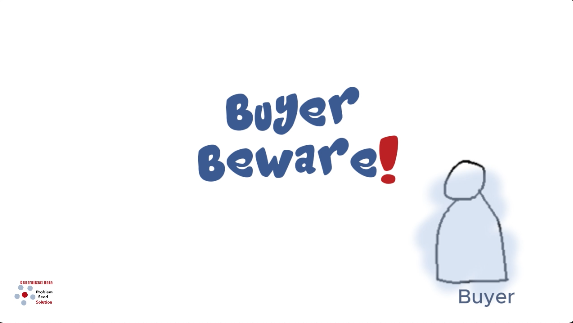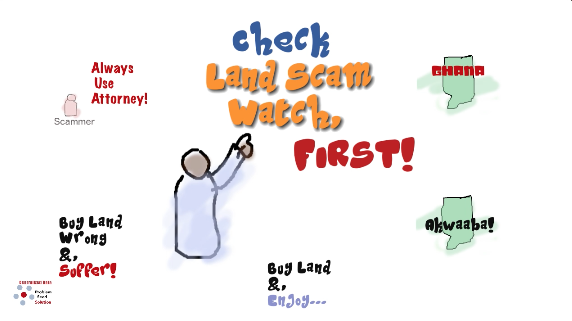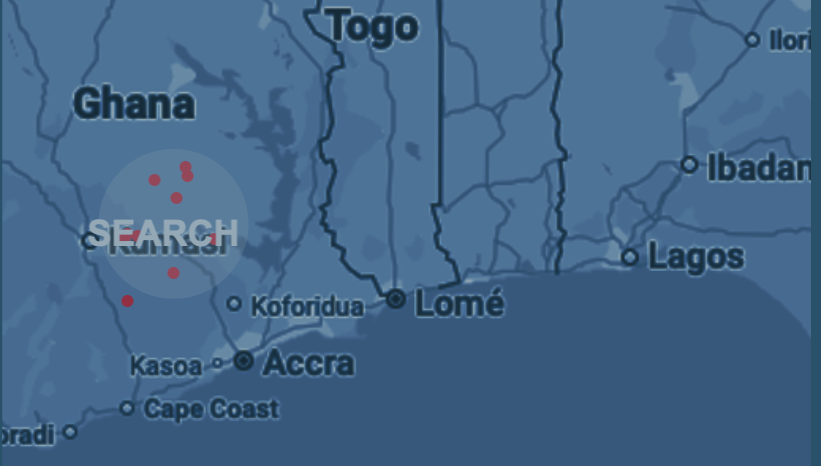Ghana Land Scam Watch
Report All Land Scams Here
Protect Buyers From Scammers
Beware of Land Scams in Ghana: A Growing Crisis and a Digital Solution
Introduction
Buying land in Ghana can be an exciting investment opportunity, whether for building a home, starting a business, or simply securing assets for the future. However, beneath this promising landscape lies a troubling issue that has cost many unsuspecting buyers their hard-earned money—land scams. Fraudulent land sales are rampant in Ghana, with countless people falling victim to double sales, fake documentation, and impersonation of rightful landowners.
The consequences of such scams are devastating. Many individuals and families lose their life savings, find themselves entangled in long legal battles, or are forced into disputes with multiple claimants over the same piece of land. The absence of a centralized and easily accessible database to verify land ownership has only made the situation worse.
However, there is hope. A new digital solution—Ghana Land Scam Watch—aims to curb these fraudulent activities by providing a centralized platform for verifying land ownership, tracking scam trends, and educating the public. In this article, we explore the problem of land scams in Ghana, highlight real-life cases, and discuss how Ghana Land Scam Watch can serve as a game-changing tool in the fight against land fraud.
Real Estate Fraud in Ghana

Buying land in Ghana can be an exciting investment opportunity...
The Scope of the Problem

1. Double Sales of Land
One of the most common land scams in Ghana is the double sale of land...
2. Fake Land Titles and Documentation
Some scammers create counterfeit land titles, deeds, and indentures that appear legitimate...
3. Unauthorized Sales by Family Members or Squatters
In Ghana, land ownership is often tied to families and traditional authorities...

4. Impersonation of Landowners
There have been numerous cases where scammers pose as rightful landowners...
5. Bribery and Corruption in Land Administration
Some officials within Ghana’s land administration system have been accused of accepting bribes...
Real-Life Cases of Land Scams in Ghana

Case 1: The Businessman’s Nightmare
A businessman in Accra paid thousands of dollars for a prime piece of land...
Case 2: The Fake Chief’s Deception
A fraudster posed as a chief with the right to sell communal land...
Case 3: The Government Land Fraud
Some scammers illegally sell government-owned land...
The Challenges of Fighting Land Fraud

Despite the numerous cases of land scams, Ghana’s current land administration system faces several challenges...
The Solution: Ghana Land Scam Watch

To address these issues, a new digital platform called Ghana Land Scam Watch is being introduced...
How Ghana Land Scam Watch Works
- Centralized Land Verification System: The platform will integrate official land records...
- Publicly Accessible Scam Reports: Victims of land fraud can report their experiences...
- Educational Resources and Awareness Campaigns: The website will provide articles, guides...
- Community Forum for Shared Experiences: Users can share their experiences...
- Collaboration with Authorities: The platform will work alongside Ghana’s Lands Commission...
 Report A Scam
Report A Scam
Benefits of Ghana Land Scam Watch

- Increased Transparency: By making land records more accessible...
- Empowered Buyers: With easy access to verification tools...
- Protection Against Scammers: A centralized scam database...
- Faster Resolution of Land Disputes: Authorities can use the platform...
Conclusion

Land scams in Ghana have become a major issue, costing individuals and businesses millions of dollars...
If you are planning to buy land in Ghana, take the necessary precautions—verify ownership, conduct due diligence, and use platforms like Ghana Land Scam Watch to safeguard your investment.

How to Safely Buy Land in Ghana
Buying land in Ghana can be a lucrative investment, but it comes with risks if proper due diligence is not followed. Skipping even one step could result in losing your down payment or years spent in legal battles. Follow the step-by-step guide to ensure a safe and secure land purchase:
Best Practices: Engage a qualified lawyer to guide you through the process, avoid cash transactions, and always verify the seller’s identity. Be cautious of lands sold at unusually low prices, as they may have legal issues. By following these steps, you can protect your investment and avoid costly mistakes.